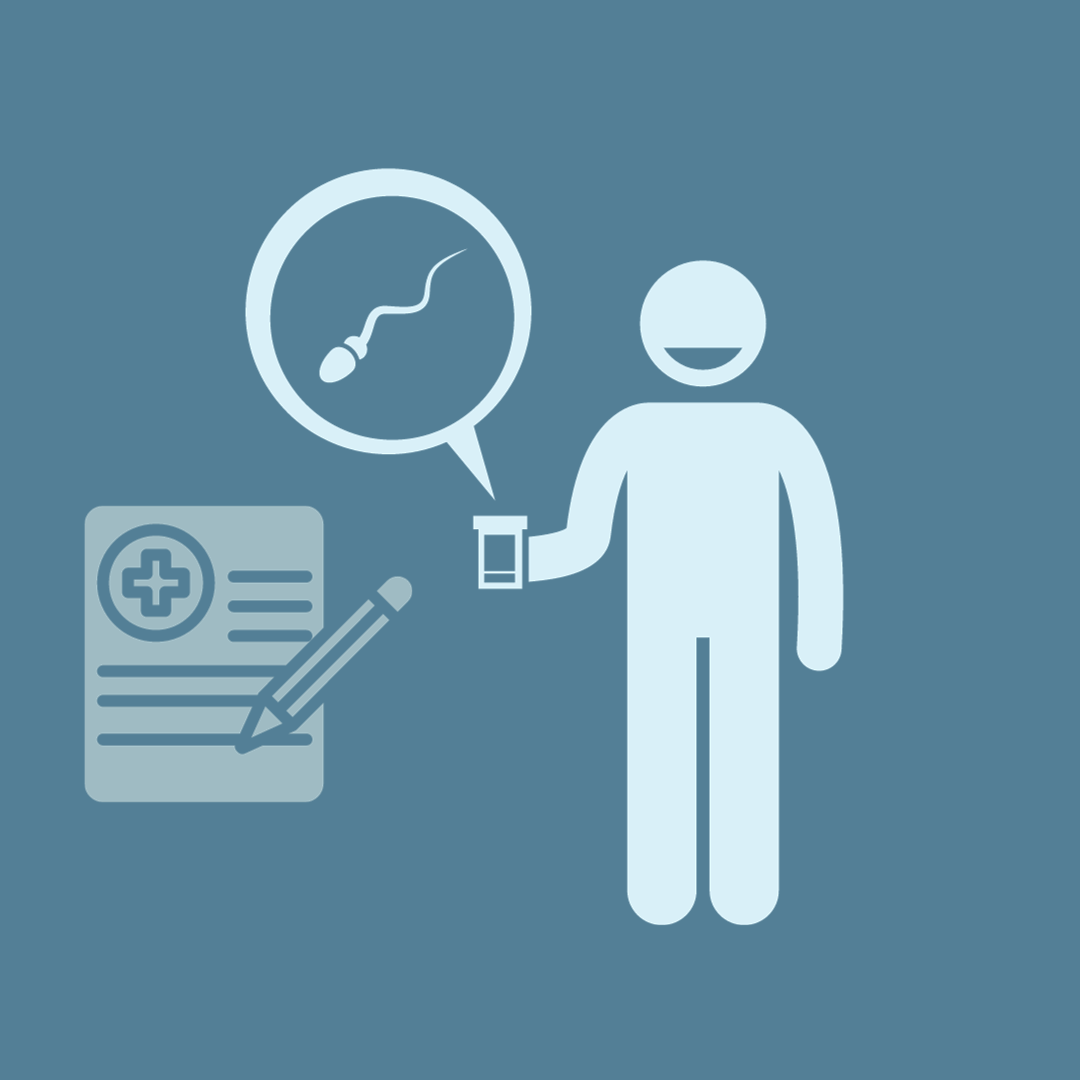Aggregated News

Dr Sophie Zadeh presents an overview of the Young Adults Study which has garnered the views of donor conceived young adults on donor identifiability from birth...
In November 2023, the Human Fertilisation and Embryology Authority (HFEA) published a report and recommendations from its consultation (see BioNews 1185) on the main UK law governing fertility treatment and embryo research (the Human Fertilisation and Embryology Acts 1990 and 2008) (see BioNews 1216a and 1216b).
The scope of the consultation included the issue of access to donor information, and within that, the proposal that the Act be amended to incorporate a two-track system, offering 'parental and donor choice to opt for anonymity until age 18 (as now) or identifiable information on request after the birth of a child'. The HFEA's recommendation, post-consultation, is that all donors in the UK be identifiable to parents from the birth of their child.
The HFEA received 6803 responses to the consultation, and of the 955 patient and professional/patient respondents, eight percent – or 76 people – were donor-conceived adults. Responses to the...



